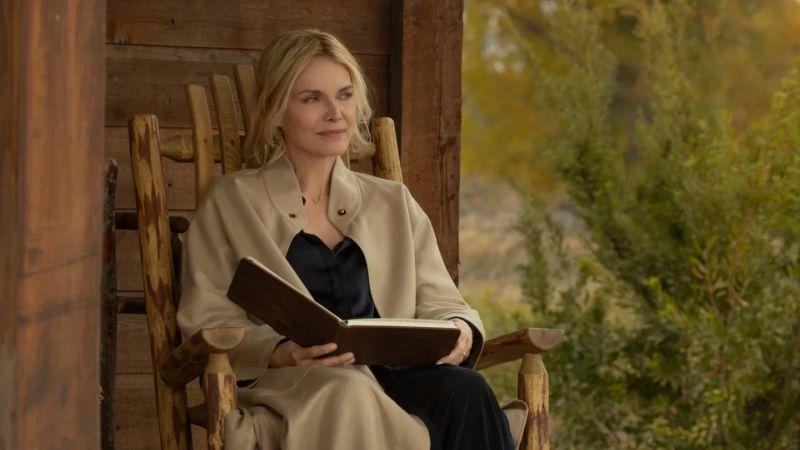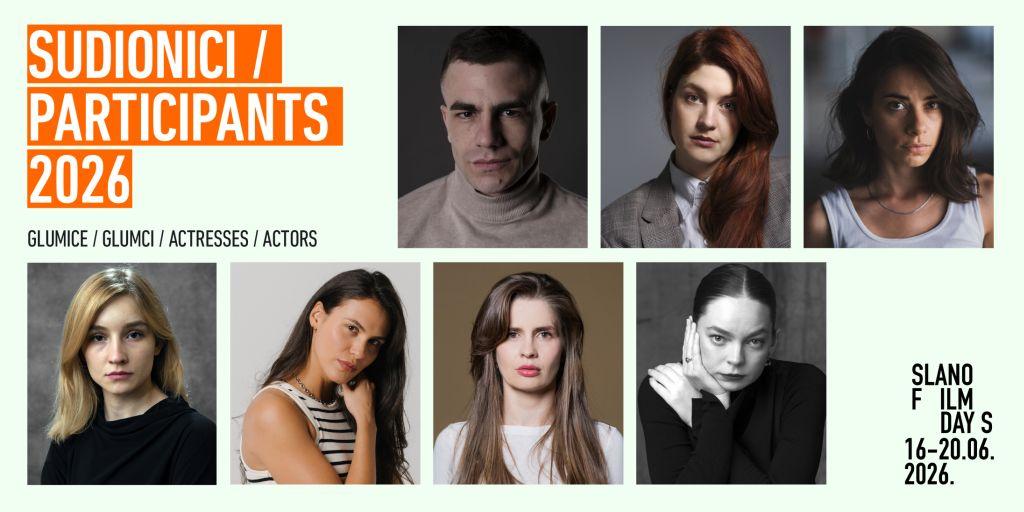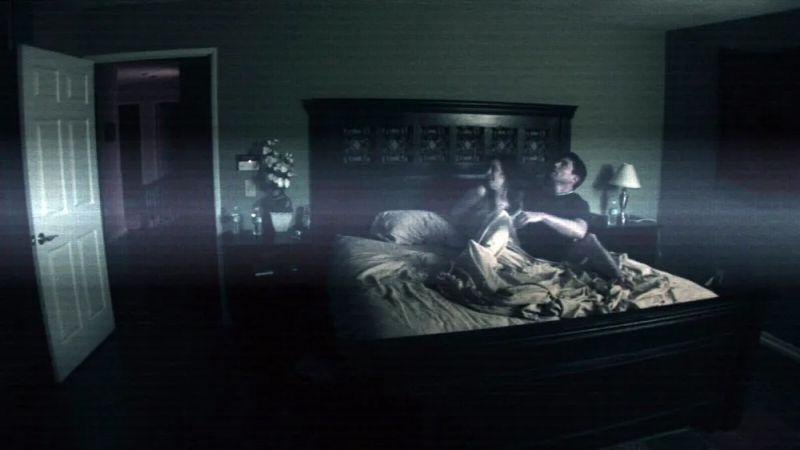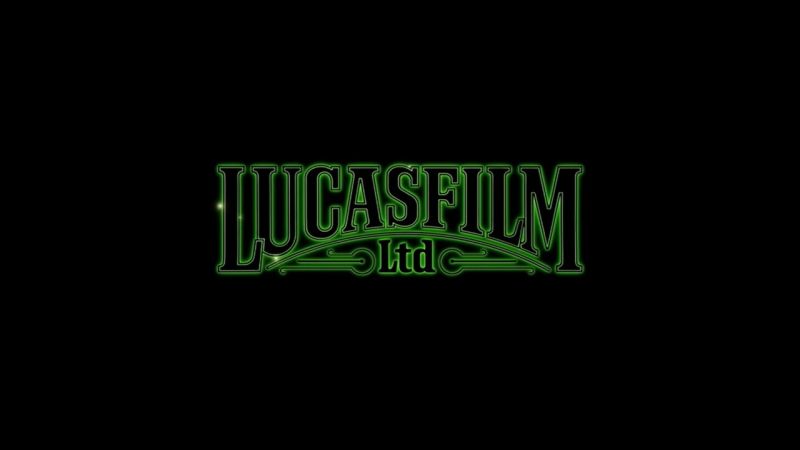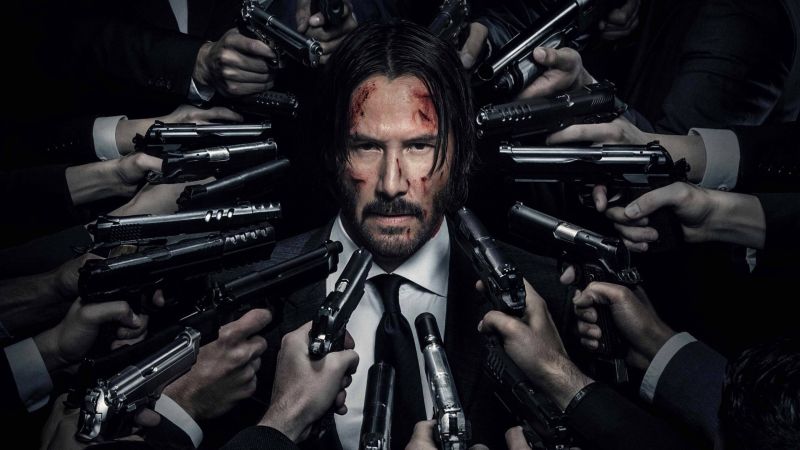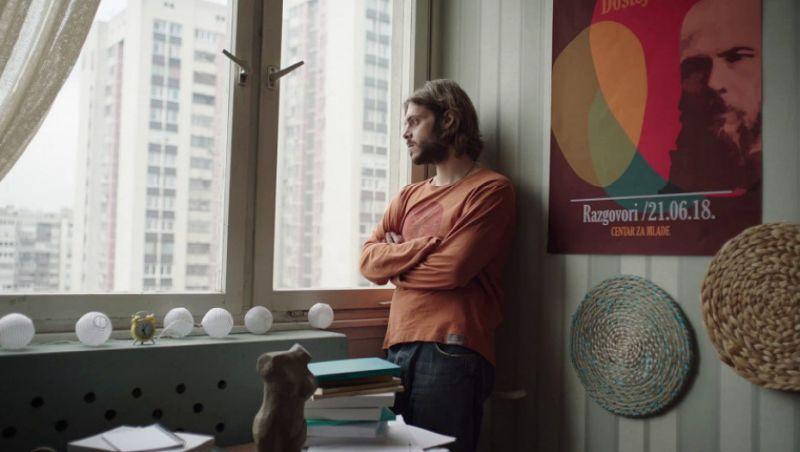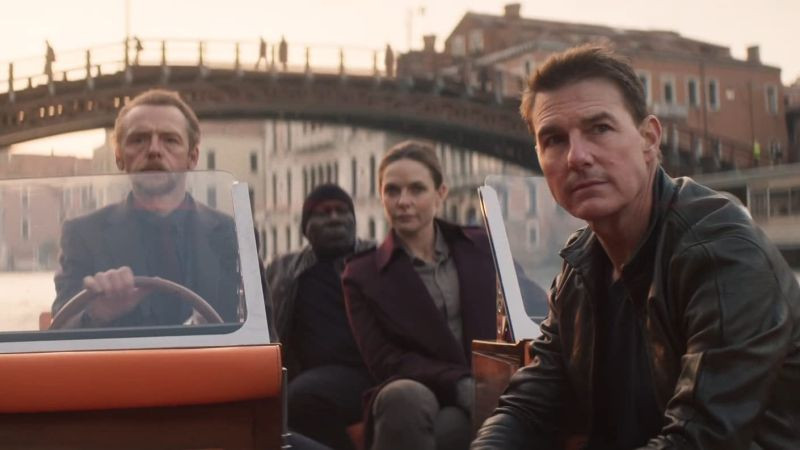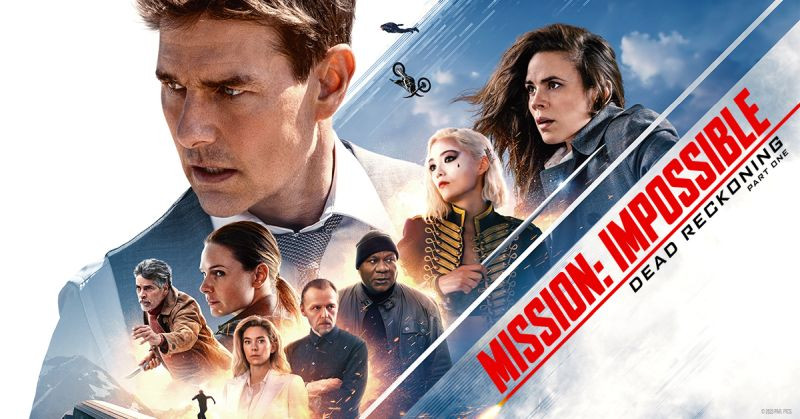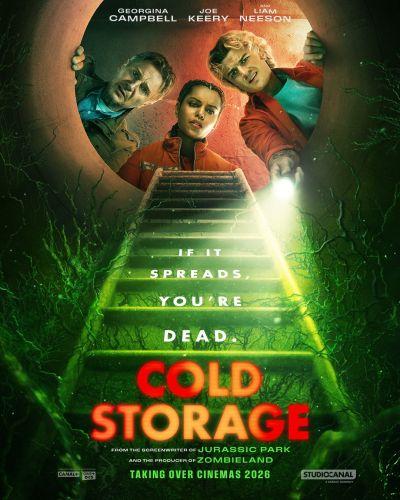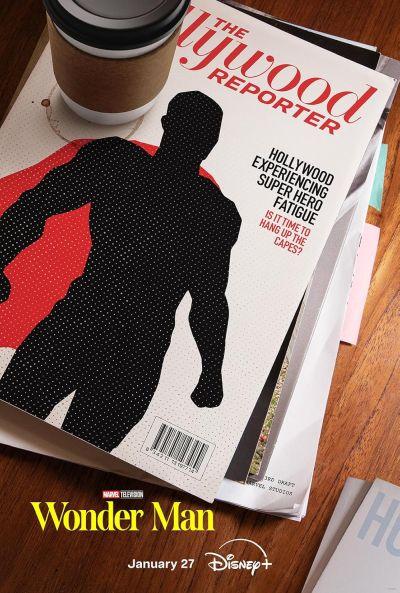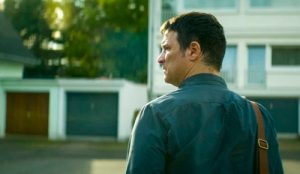 Fillmofil.ba proudly represents the works of young critics done in program Talents Sarajevo of 26th Sarajevo Film Festival with participation of Goethe-Institute Sarajevo
Fillmofil.ba proudly represents the works of young critics done in program Talents Sarajevo of 26th Sarajevo Film Festival with participation of Goethe-Institute Sarajevo
Written by: Dina Pokrajac
In 1932, Emil Cioran wrote: “Is it possible that existence is our exile and nothingness our home?” This fundamentally metaphysical concern resonates in a concrete way in XXI-century technocratic Europe, inhabited by isolated individuals doing their best to function in late-stage capitalism, and in a way that garners mistrust for their surroundings, especially anything foreign or different. In his sophomore cinematic feat EXILE / EXIL (2020), Kosovo-born and Germany-based director Visar Morina follows a fellow expat on a journey fueled by paranoia, amid a bland and antiseptic German suburbia immersed in xenophobia. At least that is what our main protagonist believes.
It all begins with a dead rat, which the seemingly well-integrated and financially established Kosovar Albanian immigrant Xhafer (masterfully subdued Mišel Matičević) finds hanging from the entrance to his posh suburban mansion. He believes it to be a sinister prank made by his colleagues from the highly competitive pharmaceutical company he works for. Xhafer increasingly sees himself as the target of (at first) petty office transgressions. He is left out of e-mail correspondence, singled out at meetings, and withheld data crucial for his reports. He is convinced that he is systematically being bullied by his colleagues because of his non-German origin, and this triggers a painstakingly scrutinized descent into madness.
Could it be he is overreacting? His German wife Nora (TONI ERDMANN star Sandra Hüller) certainly thinks so, and their marriage begins to unravel, as his persecution complex escalates. She taunts him early on: “Did it ever occur to you that it’s not because you’re a foreigner, but because you’re an asshole?” Indeed, Xhafer is a rather arrogant and self-immersed individual. For instance, he is devoid of empathy for his wife’s own impending crisis – having to juggle three children and an ever more elusive doctoral thesis. He also fails to recognize that his work adversary Urs (Rainer Bock) is dealing with depression – which he himself helped trigger, having taken up Urs’ position in the firm – leading towards a violent ending.
Xhafer’s day-to-day anguish in an oppressive microcosm can be seen as an external projection of his emotional state – he is imprisoned by his own point of view, which makes him blind to everything else and insensitive towards others. This anxious ambiguity is the main stronghold of Morina’s directorial approach – the reality of alternatingly latent and full-blown racism is constantly counterbalanced with the possibility of Xhafer’s perception being warped by his small-mindedness, self-pitying, and vanity.
The routinized state of emergency, in which his paranoid outbursts lead him, is effectively accentuated by the stuffy and labyrinthine office interiors he passes through on a daily basis. They form a controlled, almost laboratorial setting for a character study, in which personality changes become more and more intense. EXILE’s sombre aesthetics leans significantly on Morina’s close collaboration with cinematographer Matteo Cocco and production designer Christian Goldbeck, who create immersive and dreamlike cinematic landscapes consisting mostly of endless corridors. The lighting and décor are almost clinical, while the murky and claustrophobic hallways are colored in a morbid, seasick pallet of ambers and lime greens. The jarring and hypnotic soundtrack amplifies the tension and the sense of intricacy. Composer Benedikt Schiefer inserts dissonant noises and high-pitched piano keys at irregular intervals, breaking the piercing silences. The corridors become trajectories of Xhafer’s internally displaced persona, where he navigates by trying to open numerous doors while others close them, transiting between completely empty and crowded rooms.
This repetitive and minimalist psychological drama with elements of thriller shares a lot of its uneasy atmosphere with the Austrian chronicler of middle-class decline, Michael Haneke. HIDDEN / CACHÉ (2005), in particular, springs to mind with its protagonist in a constant state of prosecution, as well as blurring the line between victim and perpetrator, between individual and collective guilt. In EXILE it is almost as if the dead lab rats nibbling at his sanity (which Xhafer constantly discovers in his home and in his office) are a physical manifestation of his own guilt, stemming from the suppressed auto-racism he imposes on himself while trying to perform the desired role of a respected and admired father, husband, colleague. The prejudices he exerts towards members of his own ethnicity – for instance, the loading with which he treats the cleaning lady Hatiqe (Flonja Kodheli), his compatriot, with whom he has a rather indifferent affair, hints in this direction.
One defines exile as a prolonged separation from one’s country or home. It is almost never voluntary (unless expressing a political protest) but serves as a particularly cruel form of punishment for infringements on prevailing societal norms, customs, or state laws. To live in exile is to live in a permanent state of emergency, much like Agamben’s homo sacer – his bare life is included in the juridical order solely in the form of its exclusion. Time and time again, our protagonist is trapped within the frame and forced to wander through endless corridors in search of answers never given and doors never opened. Cocco’s camera hold’s Xhafer captive in suffocating tableaux – it is fixated on him in such a way that all off-screen elements appear menacing, threatening to completely destroy his identity. As he roams through the corridors of exile, Xhafer’s sense of self disintegrates, he becomes a mere fixture in the scenery, overpowered by space and light. It becomes impossible to decide whether he is the victim of an elaborate conspiracy or of his own self-loathing.
Morina’s alternatingly frosty and compassionate approach to his expat’s decline surpasses its national/racial/immigrant connotations. In a way, all of us European citizens in late-stage capitalism are dwelling in a permanent state of exile. Have we not, to a certain degree, become detached human monads trying to survive in a super competitive environment and to live up to standards we can never achieve? Urs, Xhafer, Nora, and even Manfred (the office weirdo, played by Thomas Mraz, obsessing over a waitress who barely acknowledges his presence) are all trying to fulfill their role in society in their own way, and they all show a surprising lack of empathy for each other’s sufferings.
Morina’s sensory cinema ultimately shows human beings in search of that ever-elusive milk of human kindness. At one point, Xhafer suggests to Nora he is contemplating returning to Kosovo. But he obviously has no intention of doing so. He would be as out of place there as he is in Germany. As Hamid Naficy reminds us, the immigrant lives a nomadic existence, constantly inhabiting an in-between zone. Today, when so many of us share fluid identities and alienated existences, the only solution remains that of cohabitation, a coexistence in which the human gesture is the sole thing that can save us from being crushed by society’s violence. Maybe that is what Xhafer realizes, as he stands in front of a mysterious red curtain in the last of the film’s exquisitely shot but inconclusive and fickle frames. Or maybe it is already too late.

